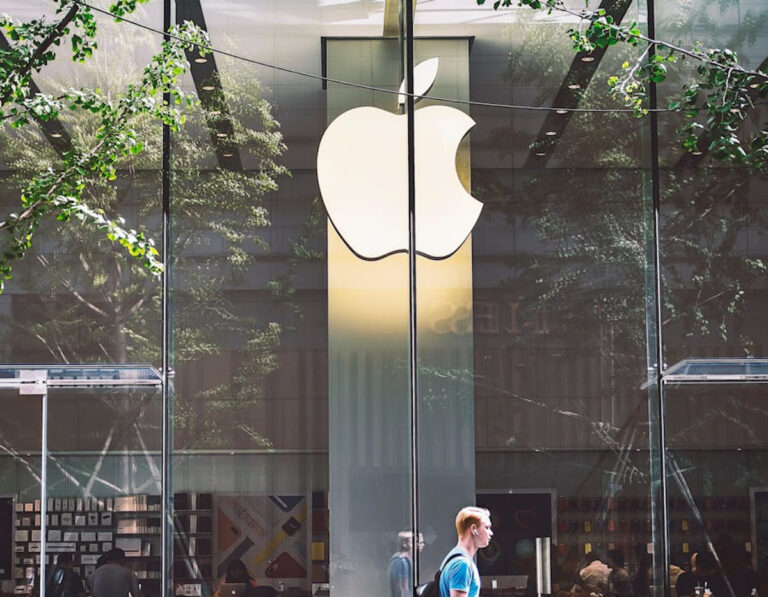Apple has finally entered the realm of generative artificial intelligence (AI) with its latest offerings, known as Apple Intelligence. These new features, which will be integrated into the company’s operating system updates later this year, include a significant improvement to Siri, Apple’s digital assistant. Siri, which has been around for 12 years, has often been criticized for not being as intelligent as its competitors.

How did Apple’s stock react to the anticipation of its AI announcement?
Apple events are always highly anticipated, given the company’s massive clout and intense media and investor interest. This time, the stakes were especially high. Over the past 18 months, the possibility of Apple getting into the AI race has been a hot topic among its multibillion-dollar competitors and investors.
This anticipation has generated a lot of excitement among investors. Over the past year, Apple’s stock has lagged other major tech companies. However, between its fiscal second-quarter report and the start of the Worldwide Developers Conference (WWDC), Apple’s stock has jumped 14% recently.
This is the biggest gain the stock has seen in this period in a decade. If you want to learn how to take advantage of these market moves, you can enroll in a comprehensive trading course.
How do Apple’s AI features compare to its competitors?
Despite the excitement, many of the new features Apple recently unveiled, such as image search and email composition assistance, are similar to those already offered by Microsoft and Google’s AI tools. Apple also announced that the AI services it showcased, including access to the latest version of OpenAI’s ChatGPT, would be free. This raises an important question: How does Apple plan to generate additional revenue from these new technologies?
The cost of Apple’s partnership with OpenAI is also a concern. AI computing is expensive, and OpenAI has a strong lead in this area. The cost of this partnership could impact Apple’s finances, as evidenced by the nearly 2% drop in Apple’s stock at the end of trading on June 11. This was the largest drop since the start of a WWDC event in 2010.
What is Apple’s unique AI strategy?
Apple’s entry into AI has never been straightforward. Unlike its competitors that have already dabbled in AI, Apple primarily makes its revenue from device sales. On June 11, Apple emphasized that many of its new AI features would be processed on-device rather than relying on cloud computing networks.
This approach makes Apple’s hardware products a crucial part of its AI strategy. However, new hardware products are rarely introduced at the company’s developer conferences, which typically focus on updates to the operating systems that power its devices. Typically, new iPhones, Apple’s most important product line, are unveiled in early September.
So Apple may be saving some of its AI advancements for the next iPhone. The next iPhone cycle is particularly important after three straight years of weak sales. But selling AI as a feature to potential iPhone buyers could prove difficult.
A recent study found that only 27% of smartphone users outside of China are interested in a device with generative AI capabilities. Price and privacy concerns are the main reasons for this lack of interest.
What are the prospects for the development of Apple’s AI?
Apple’s cautious approach to AI may seem disappointing compared to its competitors, but it’s part of the company’s strategy of integrating new technologies in ways that improve its existing products and services. By processing AI on-device, Apple not only addresses privacy concerns but also differentiates its offerings from those that rely on cloud computing.
The coming months will be critical for Apple as it continues to refine and expand its AI capabilities. Investors and consumers will be watching closely to see how these new features enhance Apple’s product ecosystem and whether they can fuel the company’s next wave of growth. As Apple prepares to launch its next big product, the focus will be on how effectively it can leverage AI to deliver unique and valuable experiences to its users.
Conclusion
In conclusion, while Apple’s AI debut isn’t revolutionary, it represents an important step in the company’s ongoing evolution. By integrating AI into its devices and continuing to focus on privacy and user experience, Apple is poised to remain a key player in an ever-changing technology landscape.



















Comments 1